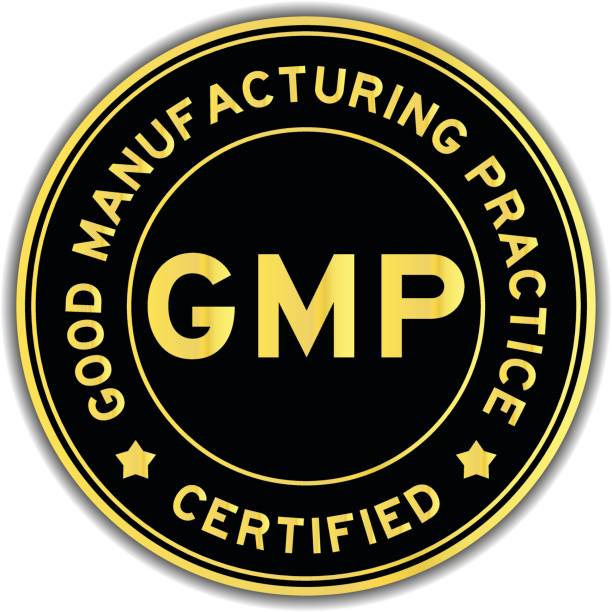The cuisine combines different cooking traditions and cuisines from all over and combines traditional foods, such as fish and chips, Eton mess, and local produce.
Food is something to be proud of and celebrate. However, it is also important to correctly label locally sourced, farmed, and manufactured foods so that consumers can understand where they came from.
This article will discuss what it means to purchase British products and their benefits. We will also examine food standards, food labelling and packaging requirements, and guidance for animal welfare labelling by manufacturers, such as the Red Tractor or Lion Mark certifications.
What does it mean to buy
There has been an increase in British food purchases over the past few years. OnePoll statistics showed that 73% are looking for British food in their shopping. This is the highest percentage recorded since 2012’s Farmer Favourability Survey.
Buy food is a way to celebrate the food grown right at our doorsteps, taste a bit of history and support farmers who care for our country. You will also enjoy our diverse countryside and seasonal climate, producing delicious and varied food.
Benefits of Buying
There are many advantages to purchasing British food over imported products. These benefits include but aren’t limited to:
Food is much more sustainable than imported food because it travels only from farm to store.
The UK law sets high standards for welfare in Britain, and British pig farmers follow them.
The cattle passport system in Britain allows for the traceability of every animal’s origin, including its mother and birthplace.
Under the welfare standards that British meat is produced to, no growth-producing hormones are permitted, and antibiotics can only be administered with veterinary approval.
Local food is good for the economy. This includes all the people involved in the production and distribution of the food, as well as the retailers and restaurants that serve it.
food consumers help protect the environment and the countryside because the food is produced sustainably.
Why are consumers afraid to buy British products?
There are still some concerns about buying, despite the many benefits. The report was compiled from research by England Marketing for Love Food. It explains some of these reasons.
According to the report, most people spend between 5-10p per item on produced food. It was also found that more than half of the respondents said they would prioritize buying produced food to support the agriculture industry.
Concerns were also raised by most respondents, who reported feeling confident in food quality standards but unaware of the differences.
Others had lost faith in the Union Jack symbol and were worried that items could have originated elsewhere and been packaged only in the UK. It was also reported that respondents wanted to see less packaging.

